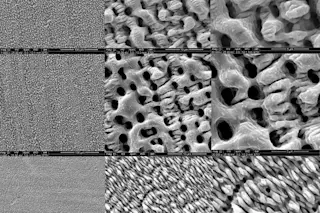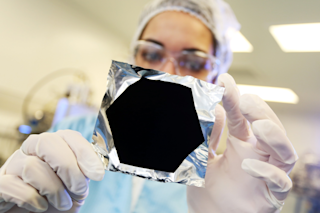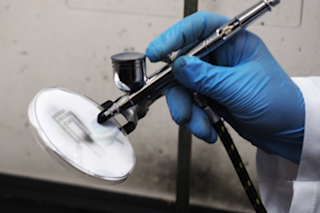Everyone knows that maintaining a clean kitchen is essential for safe food preparation. Failing to properly sanitize utensils after use can lead to foodborne illnesses from bacterial growth. Alongside dish sponges, cutting boards — particularly those used for raw meat — are hotspots for bacteria.
Instead of relying solely on human-devised cleaning methods to combat bacterial buildup, researchers turned to nature for solutions. They found inspiration in the antimicrobial properties of shark skin and cicada wings.
Scientists from the Hopkirk Research Institute, the Food Safety Science and Research Centre, and Applied Technologies Group in New Zealand collaborated on a study that used lasers to create antibacterial surfaces. By mimicking the micro- and nanostructures of shark skin and cicada wings, they developed a novel approach to preventing bacterial adhesion. Their findings were published in the Journal of Laser Applications.
The study focused on Brochothrix thermosphacta and Escherichia coli (E. coli), two ...















